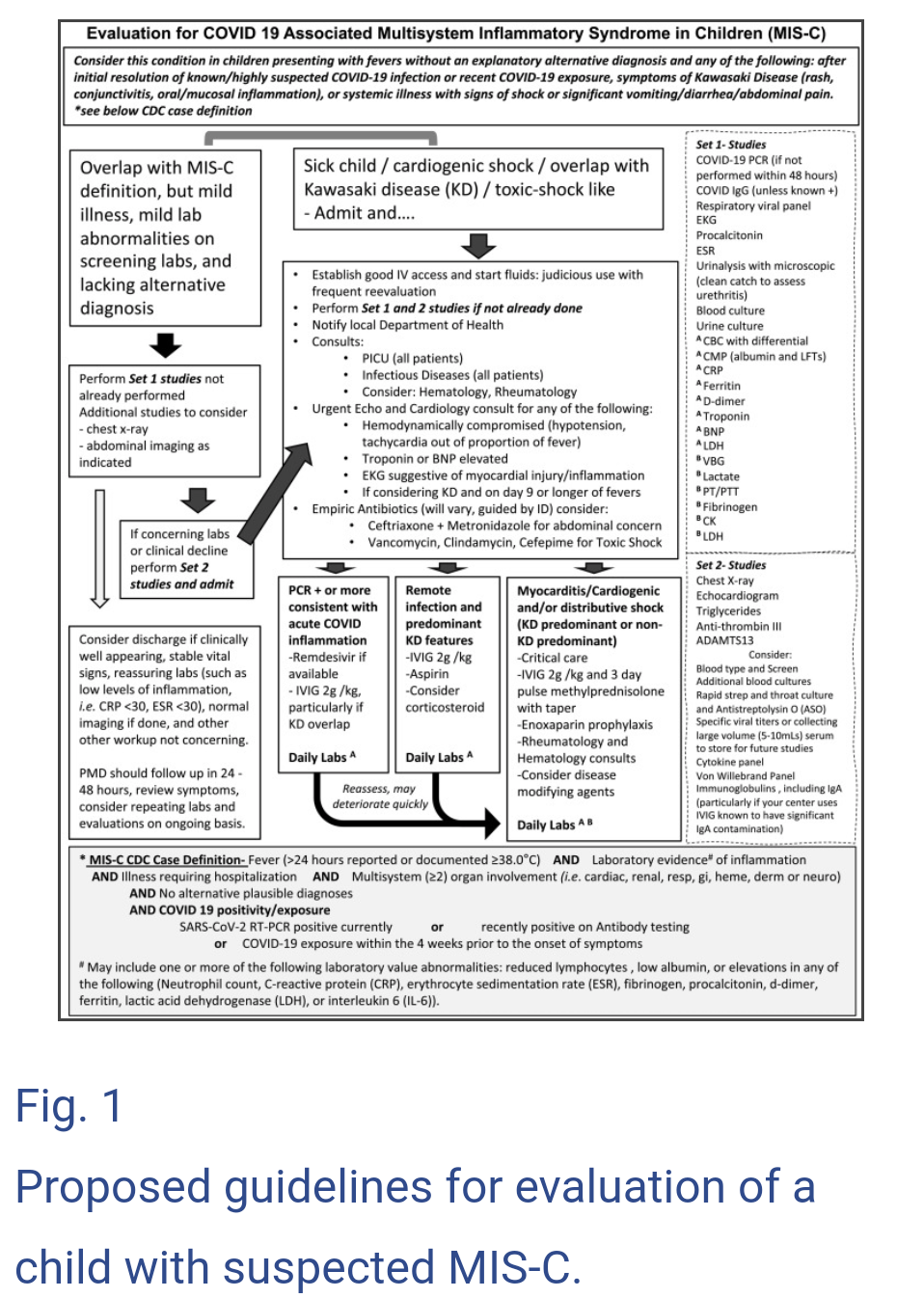JUNE ASSESSMENT
JUNE ASSESSMENT:
Q 1:
What is the reason for anaemia in this case?
Ans:
When you have kidney disease, your kidneys cannot make enough EPO. Low EPO levels cause your red blood cell count to drop and anemia to develop. Most people with kidney disease will develop anemia. Anemia can happen early in the course of kidney disease and grow worse as kidneys fail and can no longer make EPO
Link: https://www.kidney.org/atoz/content/what_anemia_ckd
My analysis:
In this case, the most probable reason for anemia could be CKD---> due to reduced erythropoietin production. I agree with his answer.
Ans 2:
Link to my cases:
http://pallavi191.blogspot.com/2021/06/gm-cases_30.html
Ans 3&4:
*MULTISYSTEM:
https://nikithaedam48.blogspot.com/2021/06/18-year-old-malefrom-miryalagudawho-is.html?m=1
My analysis:
Problem list:
Vomitings
Diarrhea
Fever
Icterus
Hematuria
Low backache
Critical appraisal:
Events which occurred before & after the presentation were mentioned in an order
Fever chart was very informative.
Documentation of investigations in the tabular form was very easy to understand.
Clinical images mentioned in the blog were helpful in understanding the symptoms (like hematuria)
Diagnostic and therapeutic uncertainties:
(source:
https://www.ncbi.nlm.nih.gov/pmc/articles/PMC7244417/)
* ABDOMEN:
https://casescape.blogspot.com/2021/06/acute-kidney-injury-secondary-to.html?m=1
Problem list:
Critical appraisal:
Case history and examination of each system was mentioned in depth.
Presentation of day wise investigations and treatment was good.
Negative points:
History of oliguria was not mentioned at the time when she was first diagnosed with acute kidney injury.
History regarding treatment (post dialysis) was not mentioned.
My analysis:
Based on the clinical symptoms (fever, oliguria, b/l pedal edema), examination findings and investigations (high TLC, high urea and creat)---> Diagnosis could be AKI secondary to UROSEPSIS
*RENAL:
https://61tejarshini.blogspot.com/2021/06/general-medicine-case-discussion.html?m=1
Critical appraisal:
Examination of each system was done in detail.
Course in the hospital was mentioned in detail.
Negative points:
History regarding lower backache and neck pain was not taken properly.
History regarding symptomatic treatment was not not mentioned.
Cardiac causes of dyspnoea were not ruled.
History regarding fever is not mentioned clearly as sepsis could one of the cause for AKI
*CVS:
Problem list:
Shortness of breath (grade 3)
Distension of abdomen
Hypothyroidism
Critical appraisal:
Examination findings (like feable pulse), ecg and 2d echo videos in the blog were very helpful in correlating with the diagnosis (atrial fibrillation)
Course in the hospital like her vitals (bp, PR) during the treatment (amiodarone infusion) were not mentioned (because these are useful to know her response to the given treatment)
Diagnostic and therapeutic uncertainties:
Ablation therapy is an alternative option for the AAD in rhythm control therapy. 2014, the HRS guidelines of evaluation and management of AF recommend ablative therapy for symptomatic AF refractory or intolerant to at least one AAD and for symptomatic AF prior to initiation of AAD therapy with an AAD.
(Source: https://www.ncbi.nlm.nih.gov/pmc/articles/PMC4759971/#!po=37.6543)
Q.5:
In this posting, l learnt about in depth evaluation of various systems, interpretation of corresponding investigations and management of few cases.
Interaction with the juniors, helped us to learn more through their doubts. Even 2-4 discussions and rounds in the ward and icu helped us to know more about different cases.
Procedures that I learnt in this month:
Foleys catheterization
Insertion of rules tube, iv cannula
Samples for blood tests and ABG
Swab for Covid 19






Comments
Post a Comment